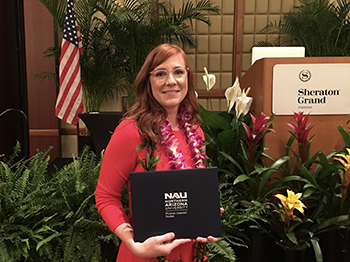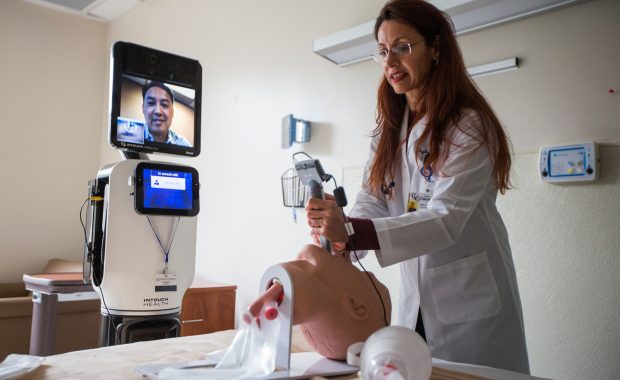Career Resources

How PAs Can Provide Compassionate Care to Survivors of Interpersonal Violence
AAPA enlisted Katherine Thompson, PA-C, a practicing PA in emergency medicine and urgent care for four years, to respond to Huddle’s Ask Me on interpersonal violence (IPV) and forensic medicine. Read her advice on how healthcare providers can identify and manage IPV survivors.

Tips for New PAs on How to Grow Your Role at Work
Are you a new PA who is ready to grow your role and increase responsibilities at work? Two members of the Early Career PA Commission, Allyson Hamacher, PA-C, and Jack Ward, PA-C, share tips for other early career PAs.

4 Non-Salary Negotiations PAs Need to Consider
For most professionals, the words “negotiate” and “salary” often go hand-in-hand. But when employers can’t increase your salary offer, you may find them willing to increase or improve other areas of the benefits package to entice you to work for them.

How to Stay Sane During the Job Search Process
The job search is an exciting process that can yield great insights into your PA career priorities and goals. While challenging at times, here are some suggestions for making your next job search effective, rewarding, and enjoyable.

One Interview Tip I Would Give to All PAs
Career and leadership expert Andrea Lowe, MHA, PA-C, shares advice on how to effectively prepare so that you stand out from the crowd during job interviews. Anticipate competition for any job you’re interviewing for and do your homework.

The Top 7 Things Every PA Should Know About Virtual Medicine and Telemedicine
What do virtual medicine, telehealth, telemedicine mean? And how might they affect you and your daily practice? Desmond Watt, PA-C, president of the PAs in Virtual Medicine and Telemedicine special interest group, shares what you should know.
Advice for New Grads: Choosing Your Specialty
PA Verdale Benson knows that PA career flexibility is both a blessing a burden. His advice to new grads who are trying to choose a specialty: pursue your passion and maximize your career-growth potential.
New Year’s Resolution: New PA Job
Sometimes resolutions are about bettering ourselves professionally. January is a great time to reflect on your PA practice, spend some time updating your professional documents, and strategizing your next career move.
PA Student to PA: Navigating the Transition
While the transition from program to practice may seem overwhelming and nerve-wracking, PA students can set themselves up for a successful career start with these tips.
Career Experts Offer PAs Advice on Contract Negotiation
Three career experts offer their advice on AAPA member-submitted contract negotiation questions.
Boundaries and Professional Wellbeing
PAs need to create professional boundaries as part of a healthy career.
Getting the Most Out of Your Benefits Package
This article covers ways of using the in-depth benefits data uniquely offered by AAPA to make the most of your contract negotiation.
Handling Difficult Interview Questions
Interviews can be stressful, no doubt about it! I’ve found in my work with PA clients that preparation (especially for difficult questions) is an effective way to promote confidence and even turn anxiety into excitement about meeting with a prospective employer. Effective preparation involves careful assessment of your abilities as a clinician (and person) and how they correspond to the job, and also working out your replies to commonly asked difficult questions in advance.
PAs in Administration
For Sheri A. Shebairo, MBA, PA-C, getting to the bottom of an issue has been a driving force throughout her professional life. Her first career was as a television news reporter in New York, but she always knew she wanted to have a more personal impact on the lives of others.
Pros and Cons of Signing a PA Employment Contract
Is it always in a PA’s interest to have an employment contract? Are there some situations in which it is better to go without one?

